The EXCELSIOR H2020 project, the ERATOSTHENES Centre of Excellence and the Department of Civil Engineering and Geomatics of the Cyprus University of Technology organize a virtual invited talk by Xinwei Wang with title “Agile Earth Observation Satellite Scheduling: Formulations, Methods, and Future Directions”.
12th of March 2024 at 14:00-15:00 EET/15:00-16:00 EEST (12:00-13:00 UTC)
*Free attendance
** The talk will be held in English.
**Registration required: https://shorturl.at/vzM38
Abstract: Agile satellites with advanced attitude manoeuvring capability are the new generation of earth observation satellites (EOSs). To efficiently employ the increasing orbiting Agile EOSs (AEOSs), the AEOS scheduling problem (AEOSSP) aiming to maximise the entire observation profit while satisfying all complex operational constraints, has received much attention over the past 20 years. In this talk, general formulations of AEOSSP with operational constraints are introduced initially, followed by some solution methods, including exact method, heuristic, metaheuristic, and machine learning. Finally, we discuss a number of topics worth pursuing in the future.
Bio: Xinwei Wang is a Lecturer (Assistant Professor) at Queen Mary University of London (QMUL), UK. He was a Postdoc at TU Delft, The Netherlands from 2020 to 2022 and at QMUL from 2019 to 2020, respectively. He obtained a PhD degree from Beihang University, China in 2019. Over the years, he has integrated computational intelligence, machine learning and systems engineering for risk assessment and decision making in intelligent systems. He is an Associate Editor of Advances in Space Research, member of Young Editorial Board of Astrodynamics, and member of AIAA Space Operations and Support Technical Committee. He is a recipient of the Marie Sklodowska-Curie Actions Co-Fund Fellowship (2022), and IEEE ITSS Young Professionals Travelling Fellowship (2022). He has authored over 40 papers, including those in TR Part C, IEEE T-ITS, IEEE T-SMC, IEEE T-FS, IEEE T-VT, IEEE T-AES, etc.
Invited talk: Agile Earth Observation Satellite Scheduling: Formulations, Methods, and Future Directions
The EXCELSIOR H2020 project, the ERATOSTHENES Centre of Excellence and the Department of Civil Engineering and Geomatics of the Cyprus University of Technology organize a virtual invited talk by Xinwei Wang with title “Agile Earth Observation Satellite Scheduling: Formulations, Methods, and Future Directions”.
12th of March 2024 at 14:00-15:00 EET/15:00-16:00 EEST (12:00-13:00 UTC)
*Free attendance
** The talk will be held in English.
**Registration required: https://shorturl.at/vzM38
Abstract: Agile satellites with advanced attitude manoeuvring capability are the new generation of earth observation satellites (EOSs). To efficiently employ the increasing orbiting Agile EOSs (AEOSs), the AEOS scheduling problem (AEOSSP) aiming to maximise the entire observation profit while satisfying all complex operational constraints, has received much attention over the past 20 years. In this talk, general formulations of AEOSSP with operational constraints are introduced initially, followed by some solution methods, including exact method, heuristic, metaheuristic, and machine learning. Finally, we discuss a number of topics worth pursuing in the future.
Bio: Xinwei Wang is a Lecturer (Assistant Professor) at Queen Mary University of London (QMUL), UK. He was a Postdoc at TU Delft, The Netherlands from 2020 to 2022 and at QMUL from 2019 to 2020, respectively. He obtained a PhD degree from Beihang University, China in 2019. Over the years, he has integrated computational intelligence, machine learning and systems engineering for risk assessment and decision making in intelligent systems. He is an Associate Editor of Advances in Space Research, member of Young Editorial Board of Astrodynamics, and member of AIAA Space Operations and Support Technical Committee. He is a recipient of the Marie Sklodowska-Curie Actions Co-Fund Fellowship (2022), and IEEE ITSS Young Professionals Travelling Fellowship (2022). He has authored over 40 papers, including those in TR Part C, IEEE T-ITS, IEEE T-SMC, IEEE T-FS, IEEE T-VT, IEEE T-AES, etc.
